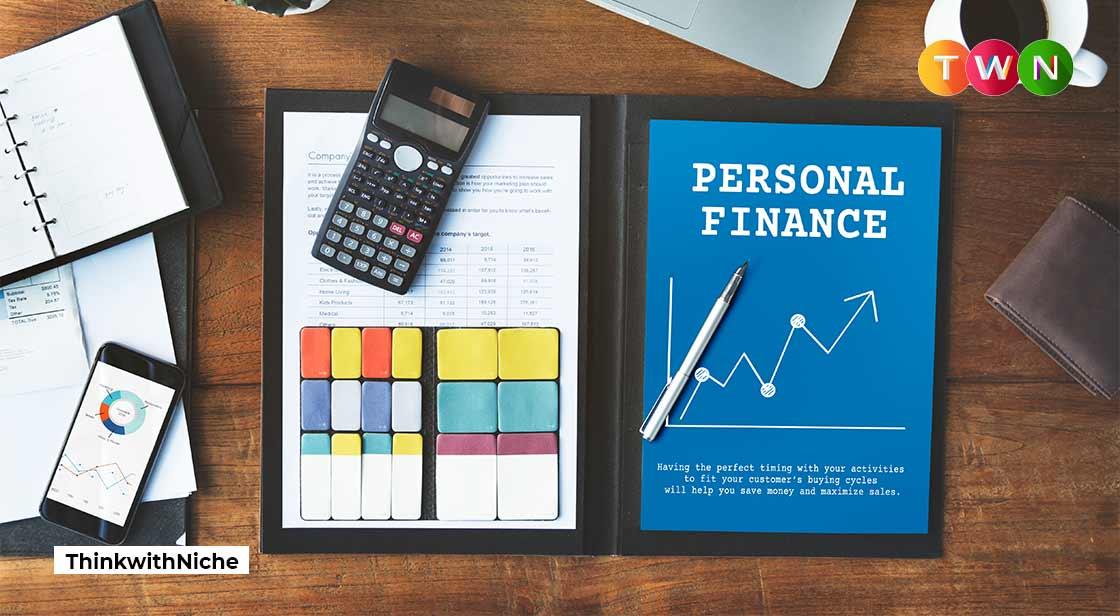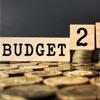A Step-By-Step Guide to Build a Personal Financial Plan

Blog Post
Personal Financial Planning includes creating a budget, allocating financial resources for savings and investments, and even opening a savings account. Individuals with a background in accounting or finance may be able to initiate these projects and tasks on their own, but those without experience or knowledge in this area should seek advice and guidance from a certified financial planner. Financial planners are in charge of organizing an individual's finances, analyzing their credit and assets, and recommending various savings and investment accounts. #TWN
Personal Financial Planning
If you are wondering what is personal financial planning, you are at the right place!
Personal Financial Planning Definition
Personal financial planning typically entails developing a personal budget, tax planning, opening a savings account, and developing a debt management or recovery plan. All of these activities can be performed by a certified financial planner who is hired to assist an individual with their finances, but individuals can also create their own financial plan to achieve short and long-term savings and investment objectives.
Personal finance refers to all aspects of money management, including saving and investing. Budgeting, banking, insurance, mortgages, investments, retirement planning, and tax and estate planning are all covered under this umbrella term. The phrase is frequently used to describe the entire industry that provides financial services to people and households, including financial and investment advice. Personal finance is concerned with achieving personal financial objectives, such as having enough money for immediate necessities, budgeting for retirement, or investing in your child's college education. It all depends on your income, spending, living needs, and personal objectives and desires—as well as devising a strategy to meet those needs while staying within your budget.It's critical to become financially literate and understand concepts like how does the cash value life insurance work or what is accumulated interest to distinguish between good and bad advice and make informed decisions to maximize your earnings and savings.
The sooner you begin financial planning, the better; nevertheless, it is never too late to set financial objectives to provide financial security and freedom for yourself and your family. The following are some personal finance best practices and advice.
Devise a Budget
A budget is necessary for living within your means and conserving enough money to achieve your long-term objectives. The 50/30/20 budgeting strategy is an excellent starting point. The following is a breakdown:
- Rent, utilities, groceries, and transportation account for around half of your take-home pay or net income (after taxes).
- Discretionary spending, such as eating out and shopping for clothes, is assigned 30% of the budget. You can also donate to charity here.
- The remaining 20% is set aside for the future, such as debt repayment and emergency savings.
Create an Emergency Fund
It's crucial to "pay yourself first" to guarantee that money is set aside for unforeseen expenses like medical bills, a major auto repair, day-to-day expenses if you lose your job, and more. The ideal safety net is three to six months' worth of living costs. Experts advise that you save aside 20% of your monthly income. Don't stop saving until you've built up an emergency fund. Continue allocating 20% of your monthly income to other financial goals, such as a retirement fund or a down payment on a home.
Limit Debt
It seems simple enough: don't spend more than you make to keep debt from spiraling out of control. Of course, most people must borrow from time to time, and going into debt can be beneficial in some circumstances, such as when it leads to the acquisition of an item. One example would be taking out a mortgage to purchase a home. Even yet, whether you're renting a property, leasing a car, or acquiring a computer software subscription, leasing can often be more cost-effective than buying altogether.
Use a Credit Card Wisely
Credit cards can be expensive debt traps, but in today's environment, it's impossible to avoid them. They can also be used for purposes other than shopping. They can also be used for purposes other than purchasing goods. They're not only important for building your credit score, but they're also a wonderful method to keep track of your spending, which can help you stick to a budget. Credit simply needs to be managed properly, which means paying off your entire bill each month, or at the very least keeping your credit utilization ratio low (that is, keep your account balances below 30 percent of your total available credit). Given today's incredible rewards incentives (such as cashback), it makes sense to charge as many goods as possible—as long as you can pay your bills in full. The most essential thing to remember is to avoid maxing out your credit cards at all times and to always pay your payments on time.
Maximize Tax Breaks
Many people lose hundreds, if not thousands, of dollars each year as a result of unnecessarily complicated tax law. By optimizing your tax savings, you'll have more money to put toward debt repayment, current enjoyment, and future objectives. Each year, you should begin preserving receipts and keeping track of your expenses to ensure that you take advantage of all available tax deductions and credits. Many office supply stores sell handy "tax organizers" with pre-labeled categories. After you've gotten your finances in order, you'll want to concentrate on maximizing every tax deduction and credit available to you, as well as for deciding between the two when appropriate. In other words, a tax deduction lowers the amount of income that is subject to taxation, but a tax credit lowers the amount of tax owed. It means that a $1,000 tax credit saves you far more money than a $1,000 deductible.
Pay off Student Loans
Graduates can choose from a variety of loan repayment and payment reduction options. Paying off the debt faster if you're stuck with a high-interest rate can make sense. Minimizing repayments (to just interest, for example) can free up money to invest elsewhere or put into retirement savings while you're still young when compound interest is at its best. If a borrower enrolls in auto pay, several private and government loans may be eligible for a rate decrease. The following federal repayment programs are worth looking into:
- Gradually increasing the monthly payment over ten years is known as graduated repayment.
- Extended payback spreads out the loan over a longer period, up to 25 years.
- Payments are limited to 10% to 20% of your income under income-driven repayment (based on your income and family size).
Plan for Retirement
Retirement may appear to be a long way off, yet it comes far sooner than you think. According to experts, most people will require roughly 80% of their present wage in retirement. The earlier you begin, the more you profit from what financial experts refer to as the "magic of compounding interest," which describes how tiny amounts compound over time. Setting money aside now for your retirement not only permits it to grow over time, but it can also help you save money on taxes in the short term if the money is invested in a tax-advantaged plan like an individual retirement account (IRA).
Conclusion
Budgeting and planning can appear to be full of sacrifices. Make sure you treat yourself once in a while. You need to appreciate the results of your labor, whether it's a vacation, a purchase, or a once-in-a-while night out on the town. It provides you with a taste of the financial independence you've been striving for. Last but not least, remember to delegate when appropriate. Even if you think you're capable of doing your taxes or managing a stock portfolio, that doesn't mean you should. Setting up a brokerage account and spending a few hundred dollars on a certified public accountant (CPA) or a financial planner—at least once—might be a good approach to get your planning off to a good start.
You May Like
EDITOR’S CHOICE












